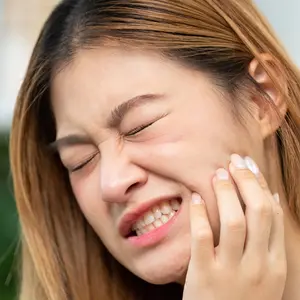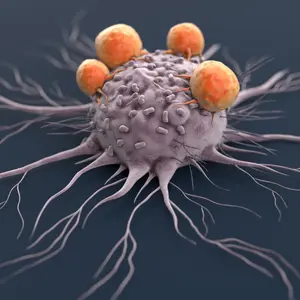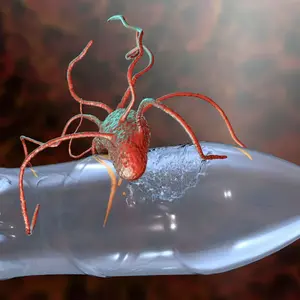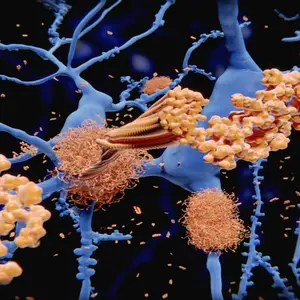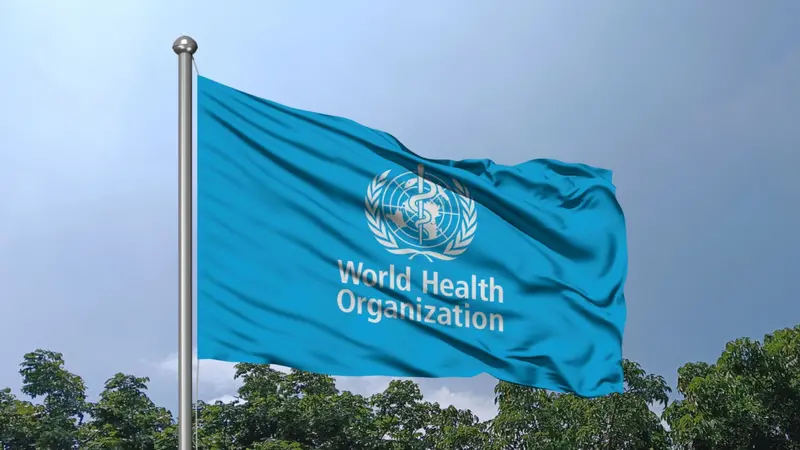
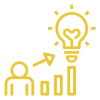
Emerging

Emerging
WHO Recommendations on Integrating TCIM in Health Policy
Health policies are more effective when grounded in solid evidence, but research sometimes fails to inform real-world practice. To address this gap, the World Health Organization (WHO) has developed tools and frameworks to help countries systematically incorporate evidence into health decision-making, especially for Traditional, Complementary, and Integrative Medicine (TCIM) such as acupuncture, herbal medicine, and Indigenous healing systems.
WHO Meeting on TCIM
While many countries recognize and use TCIM, others struggle to integrate it safely and effectively into national health systems. At a WHO-hosted meeting in 2024, global experts discussed how to align scientific, clinical, and community-based knowledge to support inclusive, culturally respectful, and evidence-based health policies.
The meeting included discussion of epistemic justice, which describes ensuring all forms of health knowledge, including oral traditions and Indigenous practices, are respected and valued.
Case studies from Thailand and Brazil demonstrated how traditional medicine can be successfully integrated through community engagement, legal frameworks, and thoughtful research translation.
Next Steps
Key recommendations included building culturally responsive leadership, improving research methods to reflect diverse medical systems, and creating platforms for knowledge exchange among practitioners, policymakers, and communities.
In February 2025, WHO urged countries to improve how they adapt and apply clinical and public health guidelines, backed by strong regulatory systems, digital tools, and legal support. It also committed to tracking progress and strengthening support for countries through 2031.
Why It Matters
As global use of traditional and integrative medicine grows, ensuring these practices are safe, effective, and equitably recognized can improve health outcomes, reduce disparities, and honor cultural knowledge. This work supports a more inclusive, evidence-informed global health system that draws on all sources of healing.
REFERENCES
- Steel, A., Gallego-Perez, D. F., Ijaz, N., Gall, A., Bangpan, M., Dos Santos Boeira, L., Schveitzer, M. C., Chutaputti, A., Mahlanza-Langer, L., Pillai, G. K. G., Posayanonda, T., Sungchol, K., Shankar, D., & Kuchenmüller, T. (2025). Integration of Traditional, Complementary, and Integrative Medicine in the Institutionalization of Evidence-Informed Decision-Making: The World Health Organization Meeting Report. Journal of integrative and complementary medicine, 31(4), 388–394. https://doi.org/10.1089/jicm.2024.0837
- World Health Organization. (10 February 2025). Strengthening national capacities in evidence-based decision-making for the uptake and impact of norms and standards (Document No. B156/14). https://apps.who.int/gb/ebwha/pdf_files/EB156/B156_(14)-en.pdf


 By
By
